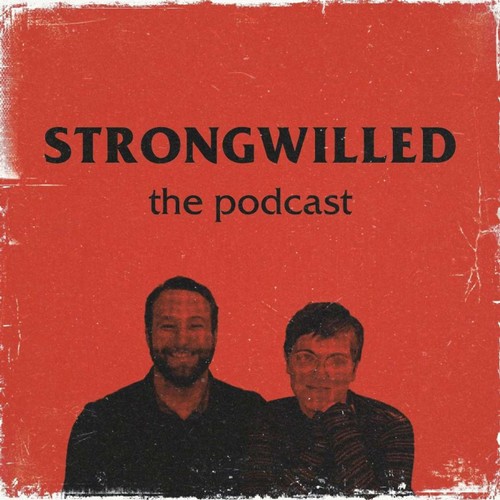
 STRONGWILLED
STRONGWILLED DL's Story
Aug 25, 2024
DL shares their poignant journey through childhood trauma, faced with a parent who predicted impending doom. They open up about navigating life with late-diagnosed autism, dealing with family tragedies, and challenging gender norms in a rigidly binary world. The conversation touches on the emotional impact of growing up in an authoritarian environment, exploring themes of grief, identity, and self-acceptance. DL’s candid reflections provide insights into the complexities of reconciling past traumas with a vibrant, non-conforming identity.
Chapters
Transcript
Episode notes
1 2 3 4 5 6 7 8
Intro
00:00 • 2min
Reconnecting with the Past
01:53 • 10min
Navigating Identity and Grief Amidst Medical Challenges
11:35 • 3min
Navigating Trauma and Family Dynamics
14:11 • 18min
Navigating Adolescence and Identity
31:59 • 17min
Navigating Identity and Trauma
48:36 • 14min
Embracing Growth and Joy Through Reflection
01:02:57 • 2min
Exploring the Impact of Indoctrination in Personal Narratives
01:05:10 • 4min
